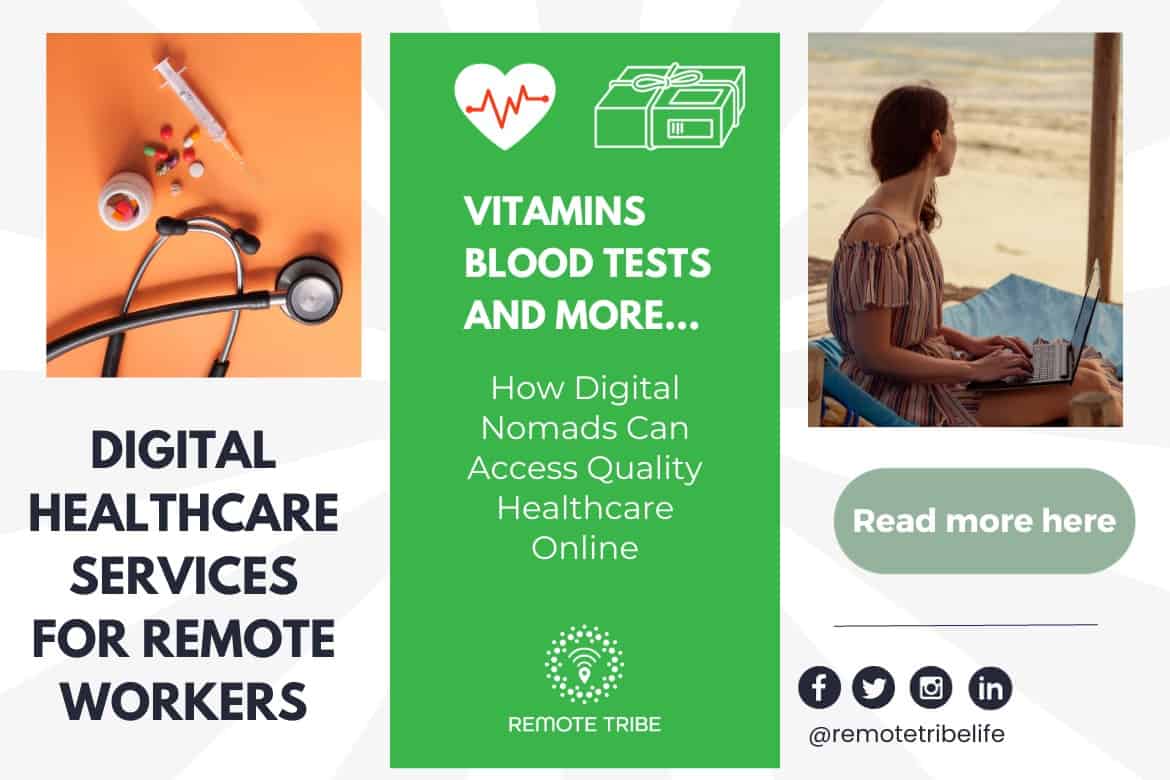Opening the Keys of Subscription Based Healthcare for Better Patient Outcomes
Opening the Keys of Subscription Based Healthcare for Better Patient Outcomes
Blog Article
The Surge of Subscription-Based Medical Care and Its Effect On Patient Treatment
As healthcare evolves, the subscription-based model is gaining grip, assuring to revolutionize person care by offering predictability and ease of access. These versions, which bypass traditional insurance, can redefine the patient-doctor dynamic, stressing tailored and preventative care. As with any technology, they offer challenges, especially concerning fair access for all socioeconomic teams. The possibility for these versions to reshape healthcare distribution increases pushing concerns about their long-lasting sustainability and inclusivity. Are these subscription services the future of medical care, or do they run the risk of leaving at risk populaces behind? The complexities of this change warrant a closer evaluation.
Understanding Registration Medical Care Designs
Grasping the idea of registration health care versions includes examining a transformative method to medical solutions that emphasizes cost and availability. These versions, usually described as straight key care (DPC) or concierge medicine, have arised as ingenious alternatives to traditional fee-for-service healthcare systems. Registration healthcare allows patients to pay a fixed monthly or yearly charge for a specified collection of medical services, which may consist of endless office gos to, regular check-ups, and basic lab tests, without the requirement for standard insurance policy payment.
The framework of registration health care versions is developed to streamline person care by eliminating third-party payers and intricate invoicing codes, thus decreasing administrative worries. Doctor can focus a lot more on person treatment, cultivating stronger patient-provider partnerships. This version likewise promotes preventative treatment by motivating regular gos to, as the economic obstacle of per-visit charges is eliminated.
The membership version usually equips medical care providers to take care of smaller sized person panels, permitting even more tailored care. It straightens economic incentives with client health end results, as service providers are motivated to keep person contentment and health. In general, understanding subscription health care versions needs identifying their potential to reshape just how treatment is provided and accessed.
Benefits for Carriers and clients

With a steady revenue stream, health care experts can commit even more time to each client, leading to a much more personalized and thorough treatment experience. The focus on precautionary care within registration plans can lead to much better individual results and reduced long-lasting health care prices.
Challenges and Issues
While subscription-based medical care versions present numerous advantages, they additionally include a set of challenges and worries that have to be resolved. First, access continues to be a significant issue, as these versions typically target individuals who can manage month-to-month fees, potentially excluding low-income populations. This elevates honest questions regarding fair accessibility to medical care services. In addition, the varied nature of membership strategies can result in complication amongst people concerning coverage specifics, potentially causing unmet expectations or poor care.
Financial sustainability of subscription-based versions is an additional issue. Providers must balance the fixed earnings from memberships with the variable expenses of medical care services, which might vary as a result of unforeseen medical demands. This can produce stress to restrict browse around this web-site services or boost charges, possibly affecting person contentment and care top quality.
Additionally, governing oversight of subscription-based medical care models is still developing. Dealing with these challenges is crucial for the fair and effective application of subscription-based health care.
Effect on Patient-Doctor Relationships
One substantial effect of subscription-based health care versions on patient-doctor relationships is the capacity for enhanced connection and personalized care. By taking on a subscription model, medical professionals can handle a smaller sized person panel, enabling more devoted time with each person. This raised schedule cultivates a deeper understanding of a client's clinical background, lifestyle, and choices, enabling a lot more customized therapy strategies and interventions.

Nonetheless, it is necessary to recognize that while subscription-based models might profit those who can webpage afford them, they could unintentionally broaden healthcare disparities. Patients who are unable to get involved in these models could experience lower accessibility to customized treatment, possibly impacting their relationships with doctor. Therefore, while the membership design provides encouraging benefits for patient-doctor relationships, it likewise presents difficulties that require to be resolved to ensure equitable health care accessibility.
Future of Medical Care Accessibility
The function of modern technology can not be neglected in this change. Telemedicine platforms and digital wellness records help with smooth interaction between people and doctor, damaging down logistical and geographical barriers. In addition, advancements in expert system and data analytics can even more customize healthcare by anticipating individual needs and enhancing therapy strategies.
Nonetheless, the future of health care gain access to likewise offers obstacles, such as making sure equity throughout different socio-economic teams. Policymakers and medical care service providers must collaborate to link the electronic divide, ensuring that subscription-based models remain cost effective and comprehensive. As these systems mature, they hold the assurance of making health care more obtainable, efficient, and patient-centric.
Verdict
Subscription-based health care models are reshaping patient treatment by offering a steady expense framework and improving access. The surge of subscription-based medical care motivates proactive patient involvement, which has the potential to boost client outcomes and contentment, indicating a transformative shift in medical care distribution.
As medical care progresses, the subscription-based model is getting traction, assuring to revolutionize individual treatment by offering predictability and accessibility.Subscription-based medical care versions offer distinct advantages for both service providers and clients, enhancing the general medical care experience.As healthcare systems advance, the future of health care accessibility regularly pivots on the combination of cutting-edge versions and modern technologies.Subscription-based healthcare models are improving patient care by offering a secure expense structure and improving ease of access. The surge of subscription-based health care urges aggressive person engagement, which has the potential to improve person outcomes and satisfaction, indicating a transformative change in health care delivery.
Report this page